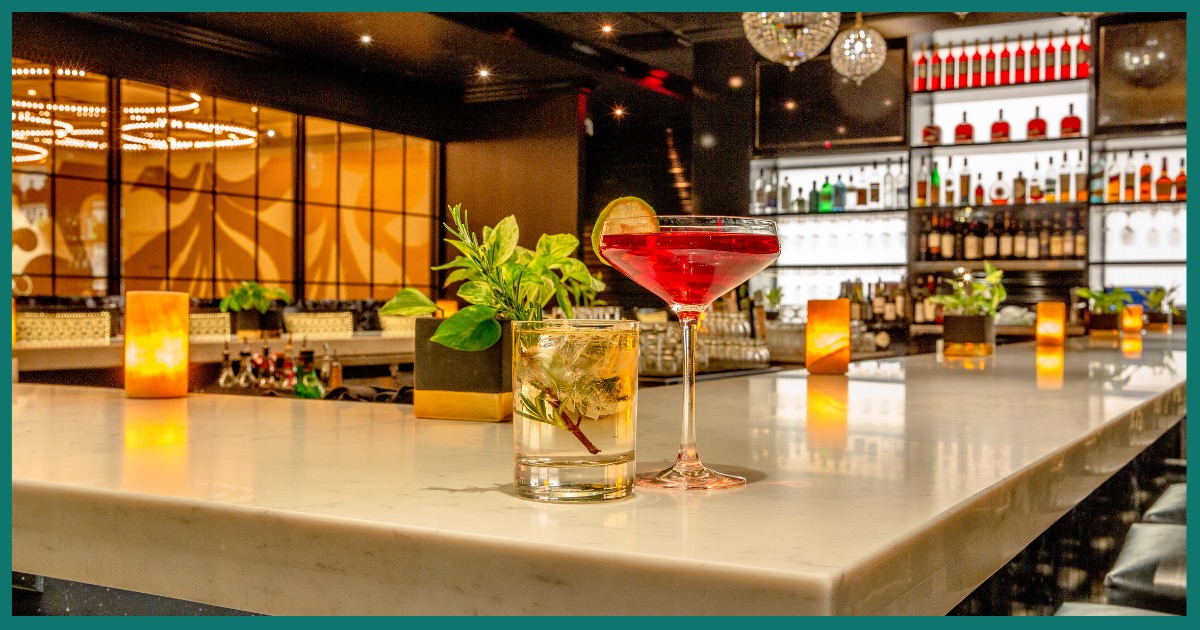Can I Ever Drink Normally Again? A Guide to Moderation in Recovery
By Sophie Solmini
Founder, ICADC, MATS, NCRC

Clinical Context: This article is reviewed by a Certified Alcohol and Drug Counsellor. It provides educational information and is not a substitute for professional medical advice.
It's the question that echoes in the mind of almost everyone considering a change in their drinking: “If I get help, does this mean I can never, ever have a drink again? Can I ever be a ‘normal’ drinker?”
This isn't a trivial question. It’s about more than just alcohol; it’s about your social life, your identity, and the fear of a future filled with awkward moments at weddings, work events, and backyard barbecues. The idea of a lifetime of total abstinence can feel so overwhelming and permanent that it often stops people from seeking the help they need.
For a long time, the answer from the traditional recovery world was a hard and fast “no.” But modern, science-based approaches have changed the conversation. At Heal@Home, we believe in a more nuanced and personalized view. The answer to this question is not a simple yes or no,it depends on the individual, their history with alcohol, and the treatment method they choose.
Why 'Normal' Drinking is So Complicated
To understand the challenge, we need to look at what happens in the brain of someone with Alcohol Use Disorder (AUD). Chronic heavy drinking physically rewires the brain’s reward pathways. It creates a powerful, learned connection where alcohol is perceived as a primary solution for stress, boredom, or celebration. This hijacks the brain's dopamine system, the neurotransmitter responsible for motivation and reward.
This leads to a phenomenon known as “loss of control,” where the intention to have just one drink is often overridden by a powerful biological urge to have more. It's not a matter of willpower; it's that the brain's "more" button is stuck. This is why, for some people, especially those with a long history of severe AUD, attempting to return to moderate drinking can be like trying to have a small, controlled fire in a house soaked in gasoline. The risk of reigniting a full-blown addiction is very high.
The Shift: Understanding Harm Reduction and Moderation
However, the “all-or-nothing” approach doesn't fit everyone. Many people who are concerned about their drinking are not at the most severe end of the spectrum. They haven't lost everything, but they know their habit is unhealthy and they want to regain control. This is where the philosophy of harm reduction comes in.
Harm reduction is a compassionate and practical approach that recognizes that any step toward reducing the negative consequences of alcohol is a victory. For many, the goal is not total abstinence, but learning to drink in a controlled, moderate, and less harmful way. The key is finding a treatment method that can make this a realistic and sustainable goal.
Who is a Good Candidate for a Moderation Goal?
Whether moderation is a safe and realistic goal is a personal medical question that should be discussed with a healthcare professional. Generally, good candidates for a moderation goal often:
- Are on the milder end of the Alcohol Use Disorder spectrum.
- Do not have a history of severe physical withdrawal symptoms.
- Have a stable home life and a strong support system.
- Do not have severe, co-occurring mental health conditions that are being self-medicated with alcohol.
- Are committed to using a science-based method, like TSM, rather than relying on willpower alone.
The Game-Changer: How MAT Can Make Moderation Possible
For years, trying to moderate was a battle of pure willpower against brain chemistry,a battle that most people eventually lost. But modern science has given us a tool that can fundamentally change the odds.
This is where Medication-Assisted Treatment (MAT) is a revolutionary force. At Heal@Home, we specialize in a specific form of MAT called The Sinclair Method (TSM). This method is unique because it's one of the only treatments scientifically designed to help people learn to drink in moderation. It works like this:
- You take a pill (naltrexone) only when you plan to drink.
- The medication blocks the rush of pleasure and reward in your brain that you normally get from alcohol.
- Over time, by consistently severing this link between drinking and reward, your brain gradually “unlearns” the craving. This scientific process is called pharmacological extinction.
Because the powerful, compulsive urge to have more is weakened, you are finally in a position to have one or two drinks and feel satisfied. It gives you back the choice and control that the addiction took away.
For more information on the spectrum of alcohol use and finding help, the Government of Canada provides a comprehensive resource portal.
You Have More Options Than You Think
The fear of “never again” shouldn’t stop you from taking the first step. If you're in Canada and want to explore if our modern, flexible approach is the right fit for you, contact Heal@Home for a confidential chat about our programs. Call us at 647-545-6751 or visit us online today.
Interested in our Program?
Our team provides a private, 12-week protocol designed to help you regain control from home.
Speak with our Team